Business Day International Women’s Day
Tackling Gender-Based Violence
Violence against women and girls is one of the most prevalent human rights violations in the world. According to the United Nations Population Fund, one in three women will experience sexual assault or physical violence against them in their lifetime. In South Africa, gender-based violence (GBV) is also a basic human rights violation, says Phinah Kodisang, CEO of the Soul City Institute.
“Protecting the integrity of your body is enshrined in the Constitution, so when someone inflicts pain on you by forcing themselves on you they are violating you. For most women, it doesn’t end with just bodily harm, GBV ends in death (femicide), taking away their right to life, which is also a human right violation.”
The United Nations (UN) Women claims that the COVID-19 pandemic has exacerbated GBV, with domestic violence escalating around the globe amid national lockdowns and quarantines. UN Women says: “Women and girls are also disproportionately affected by the pandemic’s socioeconomic impact, increasing the risk of violence.”
The politics of GBV in South Africa
Kodisang says the South African government’s modus operandi in dealing with pressing problems is to set up yet another commission to investigate the issue. “GBV is not new, it’s been part of our society and the news cycle for a long time and the government has been aware of it. But we are unable to deal with it because the political will to be decisive is only half there. There are some efforts, but they are not concrete enough for decisions and rulings to be followed through.”
What is wrong with our current approach
She says that there are many challenges in tackling the scourge of GBV. A large part of the problem is the societal attitude of “innocent until proven guilty”. “What we should be doing is that if a man is accused of GBV, we must see him as guilty until he proves his innocence. I believe that change in attitude will produce better results for women. We need more people to be on the side of the victim. As it stands, the onus is on the victim to prove that they were assaulted, which is hard if there are no witnesses or physical examination evidence.”
One of the biggest challenges facing lawmakers, government, civil society and women when it comes to tackling GBV, says Kodisang, is that: “We are a very patriarchal society and we are dealing with intergenerational trauma and ways of coping that are passed down through culture and religion. Some cultures entrench patriarchy, which continues the cycle of toxicity and violence. That is how ingrained patriarchal thinking is.
“We also need to acknowledge that we are a nation in pain and that we have not dealt with the trauma of our history. The pain of the past is still present, and it goes beyond race relations. It is about how people were dehumanised and the ripple effect of that in the rest of our society. Until we acknowledge that, we will never heal. Dealing effectively with GBV is a mammoth task because it is so intersectional and it affects all facets of life.”
Back to basics
Kodisang says that to start tackling GBV, perpetrators need to be treated consistently and sentencing needs to be uniform. “People’s lives need to be respected and hard crimes such as murder and rape need to carry maximum sentences. The current perception because of the inconsistency in sentencing is that GBV is not taken seriously in South Africa. We make more noise about racism as a human rights violation than we do about GBV.
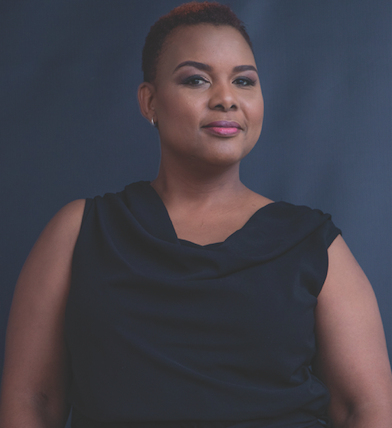

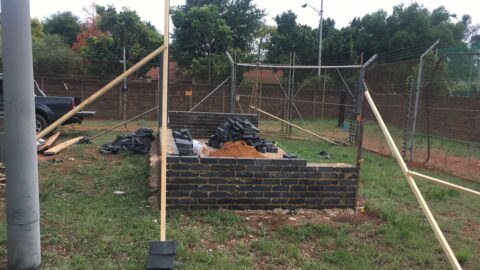
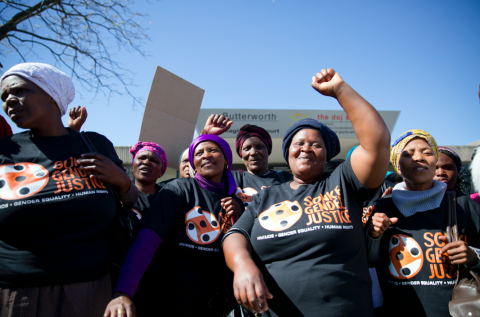
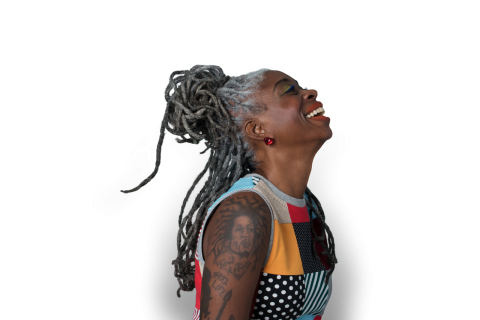
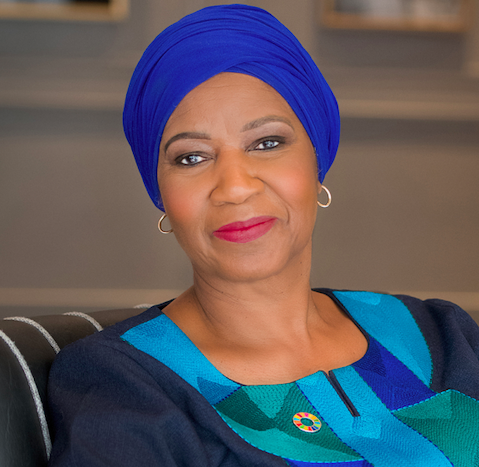
 Sign-up and receive the Business Media MAGS newsletter OR SA Mining newsletter straight to your inbox.
Sign-up and receive the Business Media MAGS newsletter OR SA Mining newsletter straight to your inbox.